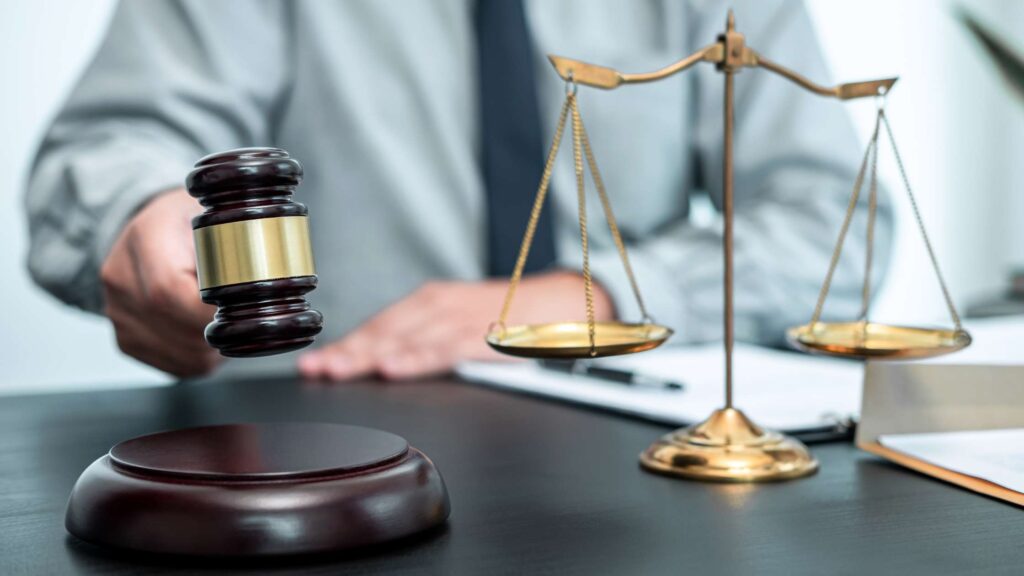Judge Philip Jeyaretnam of Singapore’s High Court recently issued a judgement that shocked the cryptocurrency industry by saying that digital currencies are not different from fiat money.
On July 25th, the court issued a judgement establishing that cryptocurrencies may be held in trusts.
Singapore Judge Categorizes Cryptos as Property
The judge’s ruling runs counter to the prevailing view that cryptocurrencies lack “real” value, held by the majority of governments, financial institutions, and financial authorities.
However, Judge Jeyaretnam thinks there is little difference between cryptocurrency and traditional currency.
Both, he said, are like tangible items like shells, with worth based on the trust others place in them.
The judge thinks an item’s worth is based on how others see it as a whole.
In other words, something is valuable just because others attribute worth to it.
His decision resolved a litigation that had been launched by Bybit against Ho Kai Xin, an ex-employee.
Bybit claims that the former employee moved $4,250,000 USDT, or $1,000,000 total, from the exchange’s wallet to her personal account.
The judge ruled that Ho must repay the currency exchange.
However, she testified that her cousin, who was absent from court, was the true account holder.
The decision seems to be very simple at first sight. However, it has far-reaching implications for the legitimacy of crypto assets in the eyes of the law.
The stolen stablecoins were deemed property by the court, whose ruling applies to all digital currencies. Cryptos are classified despite the fact that they are immaterial.
The court justified his ruling by drawing an analogy between naming a river and crypto assets, noting that although the river’s contents are always changing, the name of the river remains fixed.
Court Cases are Contributing to Understanding Cryptocurrency’s Legal Status
In addition, according to Jeyaretnam, cryptos are “things in action” under British common law.
This means that cryptocurrencies have rights, and those rights may be enforced in court.
The ruling makes mention of a consultation document by Singapore’s Monetary Authority that suggested mandatory cold storage and segregation for cryptocurrency.
The court referenced the document and its findings, noting that assets that can be recognised and separated may be kept in trust under the law.
This decision substantially fortified Singapore’s legal framework for the cryptocurrency sector.
NFTs were similarly deemed private property by the High Court of Justice in London in May of last year.
In the absence of regulations from politicians, the cryptocurrency sector has been looking to instances like these for guidance on the legal status of cryptocurrencies, drawing the conclusion that the courts would safeguard NFT property rights.
Contact Golden Sea Studios:
- Website: goldenseastudios.com
- Email: info@goldenseastudios.com
- Social Media: @goldenseastudios (Twitter, Instagram, Facebook)
- Telegram: @goldenseastudio
We are available online to assist you with any inquiries or collaborations. Reach out to us through these channels and let’s connect!


Recent posts
We’ve got a lot of awards for our products and services that became popular in the world.
Blog
THE SUPER FIRE BLOCKCHAIN RACING GAME IS HERE, FROM GOLDEN SEA STUDIO!
Blog
Golden Sea Studio: Elevating Digital Experiences through Innovation
THE SUPER FIRE BLOCKCHAIN RACING GAME IS HERE, FROM GOLDEN SEA STUDIO!
Golden Sea Studio: Elevating Digital Experiences through Innovation
The SEC has ruled against Celsius’s proposed use of Coinbase as an international distribution agent.
Polygon has released Phase 0 of Polygon 2.0, while Ripple has opened up its Liquidity Hub to Brazil and Australia.
Most Influential: DOGE Ends a Defeatless Streak of 6 Days
The sum of money users put down for the 2023 Game
Pokémon Sleep breaks record downloads
Elon Musk Backs Vivek Ramaswamy, A Republican Presidential Candidate Who Is Pro-Crypto